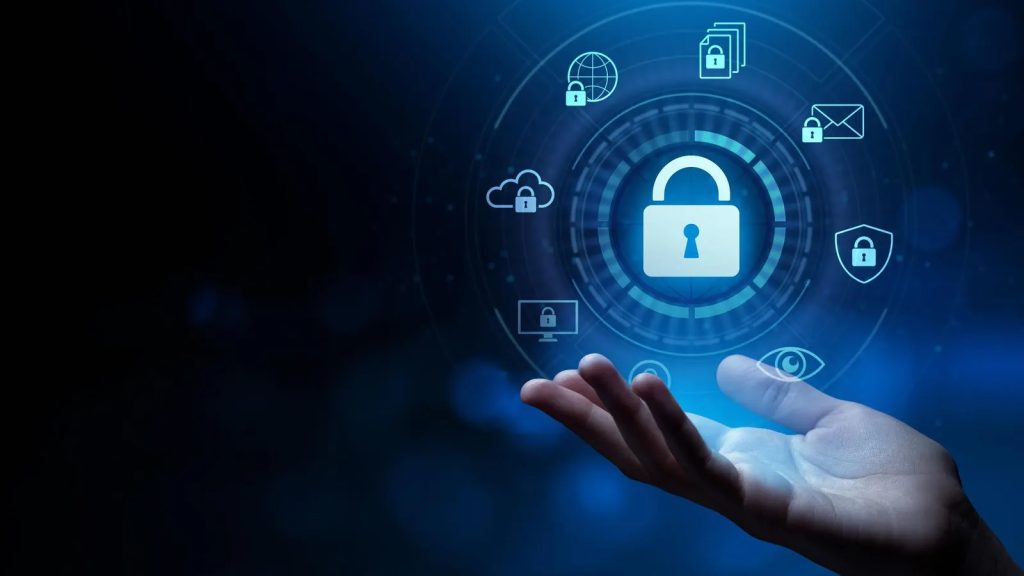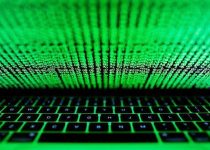Maintaining Privacy – A Key to Personal Security Process
In today’s digital age, where information is more accessible and abundant than ever, maintaining privacy has become a cornerstone of personal security. The rapid advancement of technology has made it easier to communicate, share, and store information, but it has also introduced significant risks to personal privacy. Data breaches, identity theft, and the misuse of personal information are increasingly common, underscoring the importance of taking proactive steps to protect one’s privacy. Ensuring that personal information remains confidential is not just about safeguarding against financial loss or identity theft; it is about protecting one’s autonomy and maintaining control over personal life. The information that people choose to share or keep private can affect their relationships, career prospects, and even their physical safety.

In a world where digital footprints are constantly expanding, the ability to maintain privacy hinges on understanding the value of personal information and the risks associated with its exposure. Every online interaction, from social media activity to online shopping, generates data that can be collected, analyzed, and potentially misused. The importance of Privacy can reveal intimate details about an individual’s habits, preferences, and even vulnerabilities. For instance, seemingly innocuous information like browsing history or location data can be used to build detailed profiles of individuals, which can then be exploited for various purposes, including targeted advertising, manipulation, or even criminal activities. Thus, maintaining privacy involves being vigilant about the information one shares online and understanding the implications of that sharing. It also requires adopting practices such as using strong, unique passwords, enabling two-factor authentication, and being cautious about the permissions granted to apps and websites.
Moreover, the importance of privacy extends beyond the individual to the broader society. When individuals lose control over their personal information, it can have a chilling effect on freedom of expression and democratic engagement. People may feel less free to explore ideas, communicate openly, or participate in public discourse if they believe their actions are being monitored or recorded. This erosion of privacy can lead to self-censorship and a decline in the diversity of opinions, which are vital for a healthy, functioning society. Furthermore, widespread data collection and surveillance can create power imbalances, where those who control the data hold significant power over individuals and communities. Thus, maintaining privacy is not only a matter of personal security but also a critical component of preserving the freedoms and rights that underpin democratic societies. By taking steps to protect their privacy, individuals can help ensure that they remain in control of their personal information and contribute to a society where privacy is respected and upheld.

